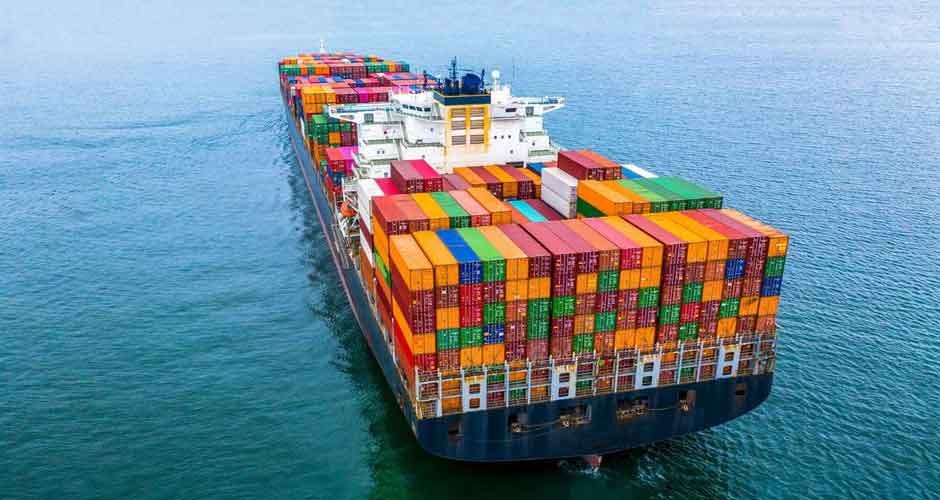Seafreight, the transportation of goods by sea, remains a cornerstone of global trade. It offers cost-effective and efficient solutions for businesses across various industries. Understanding the specific benefits of seafreight export, import, and cross-trade shipping can help companies optimize their supply chain operations and achieve significant savings. Let’s explore which types of industries stand to benefit the most from these seafreight services.
Seafreight Export: Industries Benefiting from Outbound Shipping
In international trade, understanding ‘what is a freight forwarder’—a crucial intermediary managing logistics and transportation—helps businesses navigate complex supply chains effectively.
- Manufacturing
- Heavy Machinery and Equipment:Manufacturers of heavy machinery and industrial equipment often rely on seafreight due to the bulk and weight of their products. Seafreight allows for the transportation of large quantities at a fraction of the cost of air freight.
- Automotive:The automotive industry frequently exports vehicles and spare parts. Seafreight is ideal for shipping large consignments to international markets, ensuring timely and cost-efficient delivery.
- Agriculture
- Grains and Produce:Agricultural exporters benefit from seafreight when shipping bulk quantities of grains, fruits, and vegetables. The ability to transport large volumes at once helps keep costs down and maintain competitive pricing in international markets.
- Livestock:Specialized seafreight services accommodate the transport of live animals, ensuring they arrive in good health and within regulatory compliance.
- Consumer Goods
- Electronics:Companies exporting consumer electronics, such as smartphones and televisions, use seafreight to move large volumes efficiently. This helps meet global demand while controlling shipping costs.
- Apparel and Textiles:The fashion industry relies on seafreight to export clothing and textiles to international retailers. Bulk shipping helps maintain supply chain efficiency and cost-effectiveness.
Seafreight Import: Industries Benefiting from Inbound Shipping
- Retail and E-commerce
- Merchandise Imports:Retailers and e-commerce businesses import a wide range of products, from clothing and electronics to home goods. Seafreight allows them to stock up on inventory economically, facilitating competitive pricing for consumers.
- Seasonal Goods:For businesses dealing with seasonal products, such as holiday decorations and summer gear, seafreight ensures timely and cost-effective importation to meet market demand.
- Pharmaceuticals
- Raw Materials and Medicines:The pharmaceutical industry imports raw materials and finished medicines from global suppliers. Seafreight provides a reliable and controlled environment for transporting these sensitive goods, ensuring their integrity upon arrival.
- Construction
- Building Materials:Construction companies import heavy building materials, such as steel, lumber, and cement. Seafreight is essential for transporting these bulky items, reducing overall logistics costs, and ensuring timely project completion.
Seafreight Cross-Trade: Industries Benefiting from Third-Country Shipping
- Logistics and Supply Chain Management
- Global Distributors:Companies managing complex supply chains with global reach use cross-trade seafreight to move goods directly between countries without passing through their home base. This streamlines operations and reduces transit times.
- Freight Forwarders:Freight forwarding companies coordinate cross-trade shipments on behalf of clients, leveraging seafreight to provide cost-effective and efficient international transport solutions.
- Oil and Gas
- Equipment and Supplies:The oil and gas industry often requires the transportation of specialized equipment and supplies between various international sites. Seafreight cross-trade supports these operations by enabling direct shipping routes, saving time and costs.
- Food and Beverage
- Perishable Goods:For companies dealing with perishable food and beverages, cross-trade seafreight offers refrigerated shipping solutions to maintain product quality during transit between countries. This is crucial for maintaining freshness and extending shelf life.
Conclusion
Seafreight export, import, and cross-trade shipping are invaluable to a wide array of industries. By leveraging the cost-efficiency, capacity, and global reach of seafreight services, businesses can optimize their supply chains, enhance their competitive edge, and meet international market demands effectively. Understanding the specific advantages of different sectors can help companies make informed decisions about their shipping strategies and logistics management.


